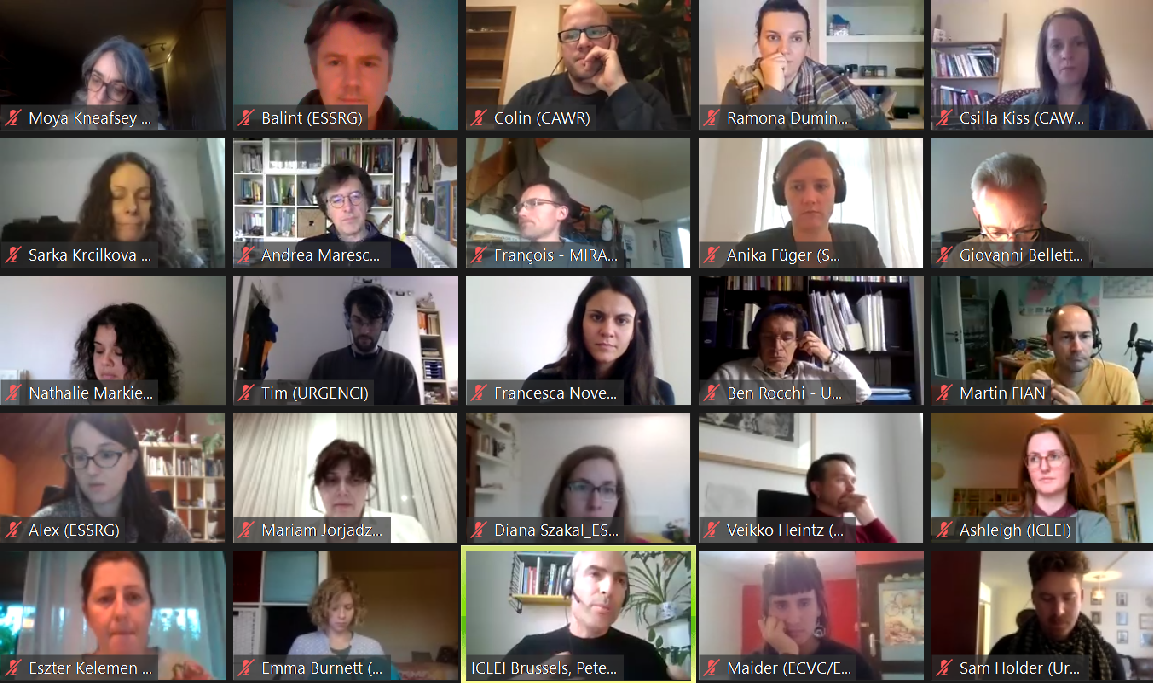Driving innovation in territorial food systems and improving outcomes for producers and consumers.
Our COACH project, coordinated by Coventry University, started on 1 November 2020 and lasts until 31 October 2023.

The starting point of the COACH project is the recognition that farmers and small operators are often in a weak position in value chains. They lack bargaining power, face barriers to accessing markets, and struggle to achieve a fair income. At the same time, due to growing public awareness of the environmental crisis, and the rise of diet-related ill-health, many consumers want to access high quality, healthy and sustainable foods conveniently. In response, many innovative consumer-driven opportunities for farmers to access markets are now available.
The aim of COACH project is to facilitate collaboration between farmers, consumers, local governments and other actors to scale up short agri-food chains which rebalance farmers’ position, create win-wins for producers and consumers and drive innovation in territorial food systems. It does this in five key ways:
- COACH develops a ‘living library’ of 32 emblematic good practice examples from 12 countries which demonstrate how farmers can access consumer-driven opportunities to improve their incomes and rebalance their position in food chains.
- COACH delivers a knowledge-based suite of activities to support farmers and small operators to access information on consumer demand and improve their capacity to connect with consumers.
- COACH provides new insights and guidance on the costs and margins for each link in the supply chain, demonstrating opportunities for improved incomes for farmers and small operators and reduced costs for intermediaries.
- COACH designs a ‘farm-to-fork procurement toolkit’ for public authorities in order to improve sharing of experience and help them design appropriate tenders for healthy and fresh food supplied by small-scale producers and also to support farmers to know how to access these opportunities.
- COACH maximizes the impact of all the project’s activities through effective communication and dissemination, including policy engagement in order to create a more enabling environment for collaborative agri-food chains.
Researchers at ESSRG will contribute to the conceptual and methodological development of the research design, case studies selection and lead the task on the comparative spotlight analysis of case studies. Moreover, ESSRG will enter into organisation of multiactor dialogues, training events, international knowledge exchange, reach out to policy-makers, practitioners, and the research community.
The Coordinator of the partnership: Centre for Agroecology, Water and Resilience, Coventry University
Participants: FIAN, URGENCI, European Coordination Via Campesina, ICLEI, Firenze University, City of Copenhagen, ESSRG
The project has received funding from the European Union’s Horizon2020 research and innovation programme under grant agreement 101000918.
Who’s responsible for it?
Dominika Huczynska